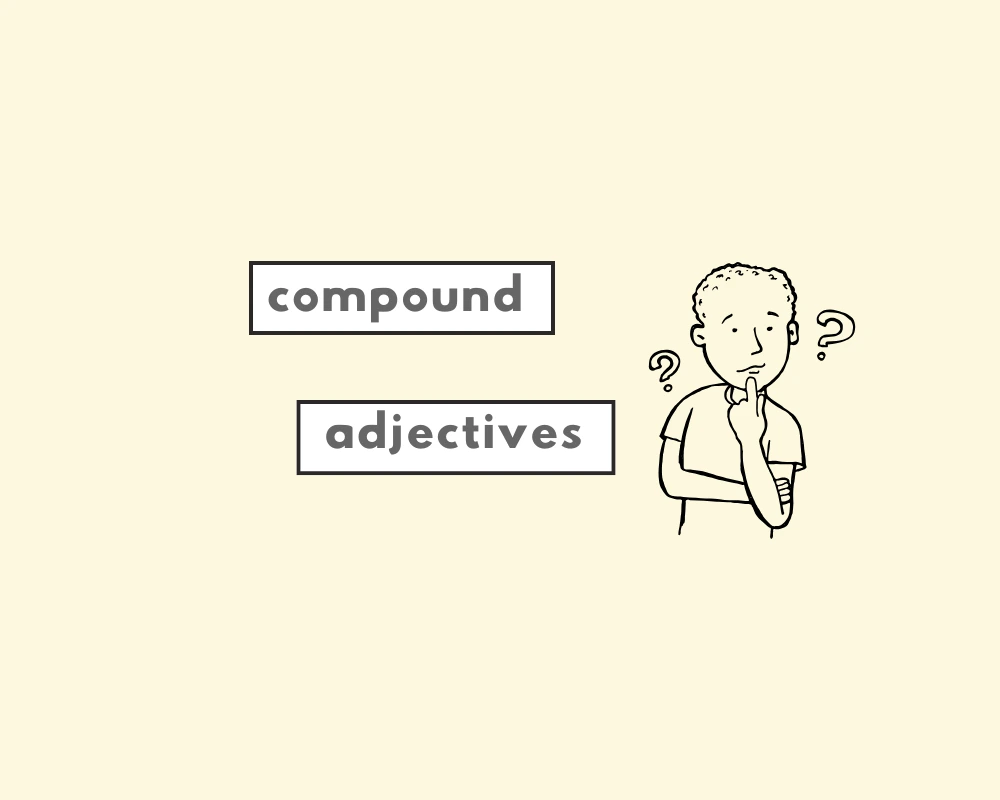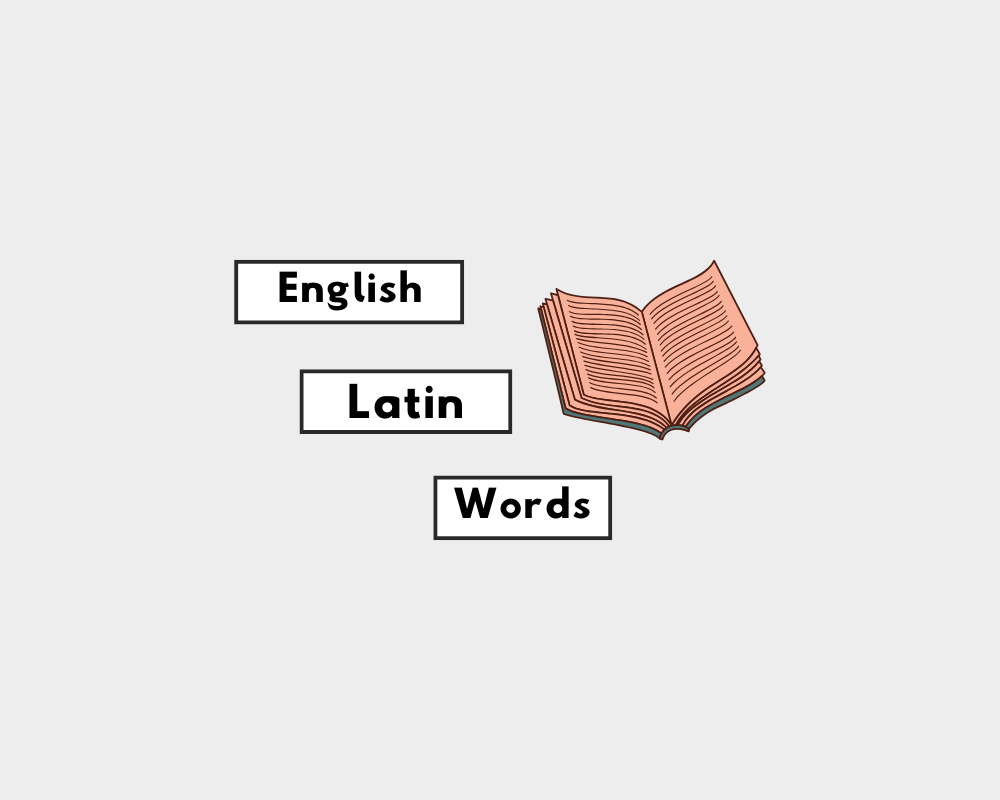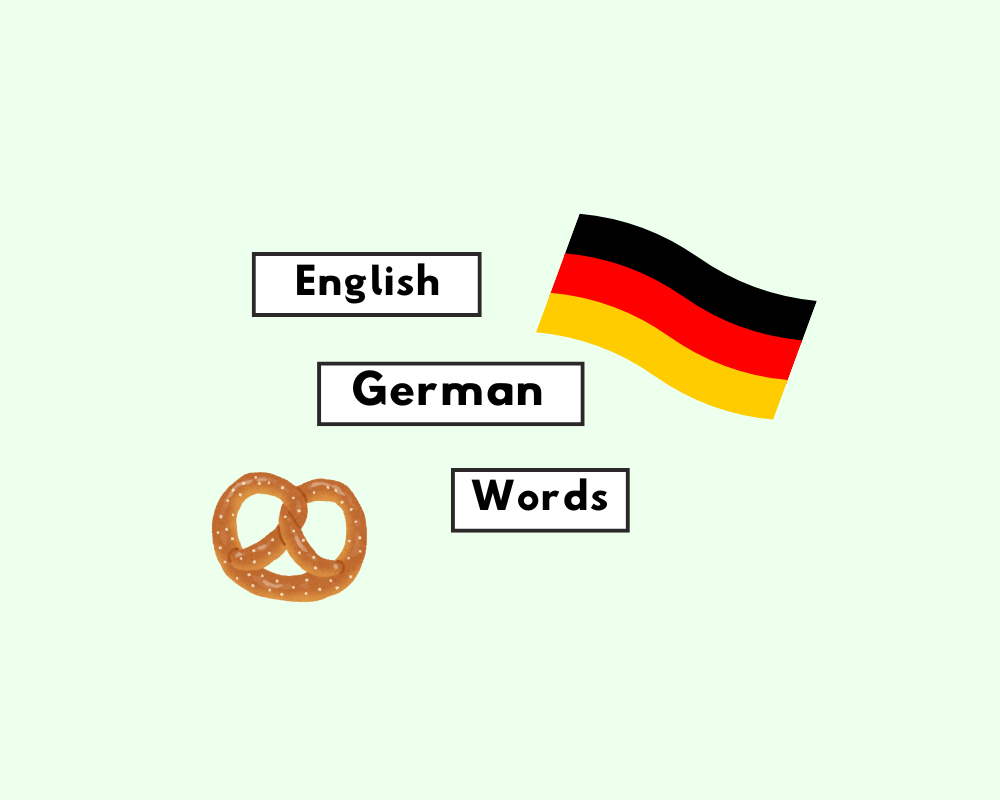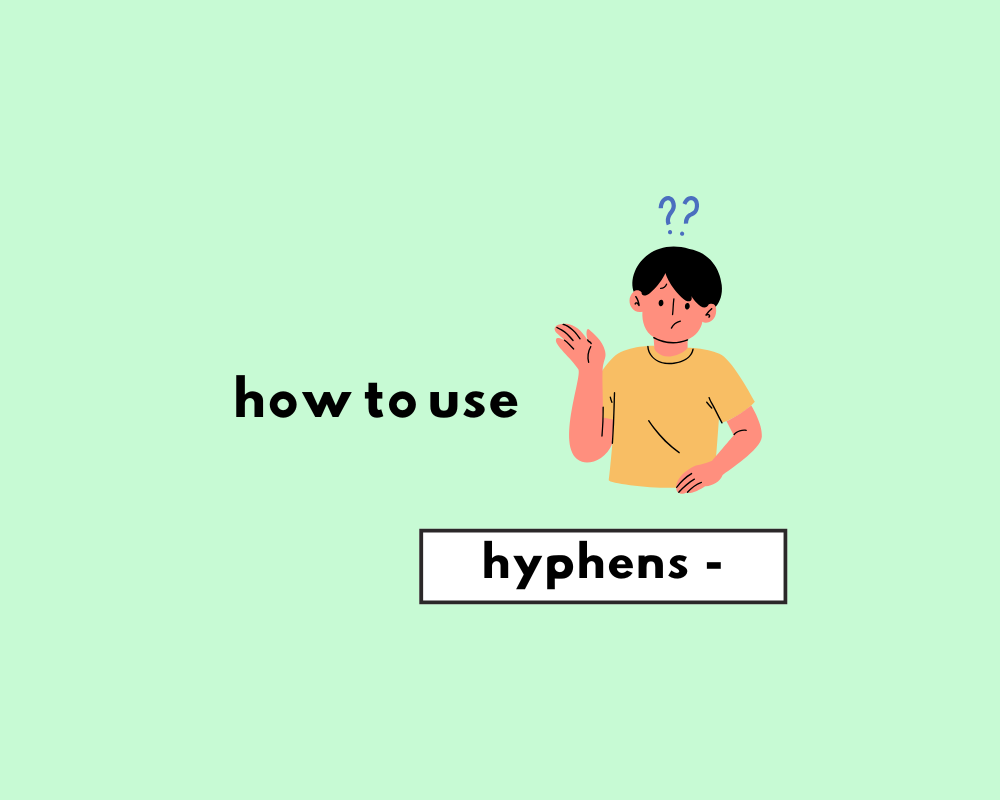All right vs alright: which is it?
How is the word-phrase all right/alright written, as one word or two?
What’s the difference between alright and all right?
The answer is that it depends on the context in which you’re using the word/phrase.
The main difference is that all right is an adverb phrase, and alright is often used as an exclamation or exclamatory phrase expressing agreement. Both spellings mean the same thing, and are pronounced similarly, but alright is informal whereas all right is technically correct. When in doubt, and especially in formal writing, stick to all right as two words.
‘Alright,’ is still incredibly common, especially in casual text messages and in-person conversation or speech. Alright appears in fiction writing, songwriting and blogs; so for these purposes, it’s accepted to use alright, alright? In short, in every day language and text, alright is completely all right. If it’s formal or business writing, use the two-word phrase, all right.
Examples of all right in a sentence
1. She assured me that everything would be all right in the end.
2. Is it all right if I borrow your pen for a moment?
3. Despite the storm, the house held up all right and sustained minimal damage.
4. I hope you’re feeling all right after your surgery.
5. The meal turned out all right, even though I improvised with the recipe.
6. Don’t worry, it’s perfectly all right if you need more time to finish the project.
7. The teacher said it was all right to ask questions during the lecture.
8. Are you sure you’re all right to drive? You seem a bit tired.
9. The party was a lot of fun, and everything went off without a hitch. It was all right by me.
10. It’s not the best solution, but it will do for now—it’s an all right option.
Examples of alright in a sentence
1. Don’t worry, everything will be alright in the end.
2. Is it alright if I bring a friend to the party?
3. Despite the setback, the team performed alright during the match.
4. He didn’t feel completely alright after the long flight.
5. The concert was alright, but I expected more energy from the performers.
6. It’s alright if you don’t have the exact details now; you can provide them later.
7. She looked a little tired, but she assured us that she was feeling alright.
8. The cake turned out alright, even though I accidentally used salt instead of sugar.
9. The presentation went alright, though I stumbled over a few words.
10. The movie was just alright; it didn’t leave a strong impression on me.
Synonyms of the exclamation all right/alright
- fine
- good
- okay
- right
- yes
- agreed
Synonyms of the adverb all right/alright
- satisfactory
- acceptable
- adequately
- good enough
- fine
- passably
- ok
Origin of the word/phrase all right (alright)
From etymonline, all:
Old English eall “every, entire, the whole quantity of” (adj.), “fully, wholly, entirely” (adv.), from Proto-Germanic *alnaz (source also of Old Frisian, Old High German al; German all, alle; Old Norse allr; Gothic alls), with no certain connection outside Germanic. As a noun, in Old English, “all that is, everything.”
From etymonline, right
Old English riht, of actions, “just, good, fair, in conformity with moral law; proper, fitting, according to standard; rightful, legitimate, lawful; correct in belief, orthodox;” of persons or their characters, “disposed to do what is good or just;” also literal, “straight, not bent; direct, being the shortest course; erect,” from Proto-Germanic *rehtan (source also of Old Frisian riucht “right,” Old Saxon reht, Middle Dutch and Dutch recht, Old High German reht, German recht, Old Norse rettr, Gothic raihts), from PIE root *reg- “move in a straight line,” also “to rule, to lead straight, to put right”
Sources
1. Grammarly, all right vs alright, accessed on August 12, 2023.
2. Harper, Douglas. “Etymology of all.” Online Etymology Dictionary, https://www.etymonline.com/word/all. Accessed 12 August, 2023.
3. Harper, Douglas. “Etymology of Right.” Online Etymology Dictionary, https://www.etymonline.com/word/Right. Accessed 12 August, 2023.







